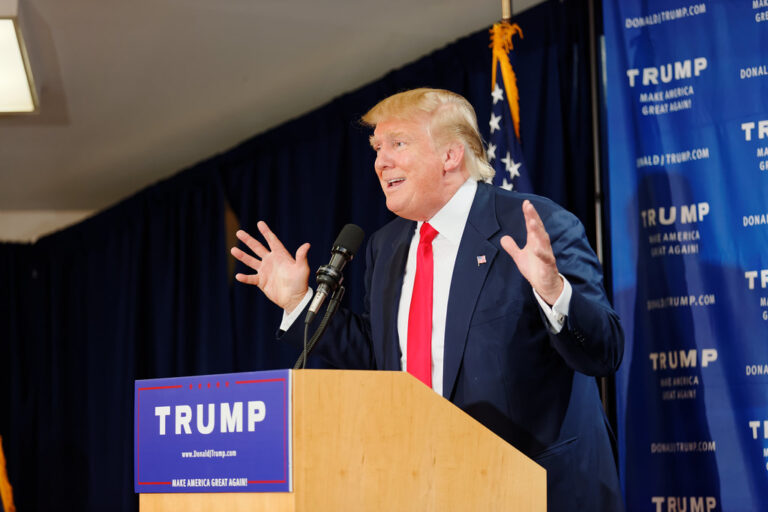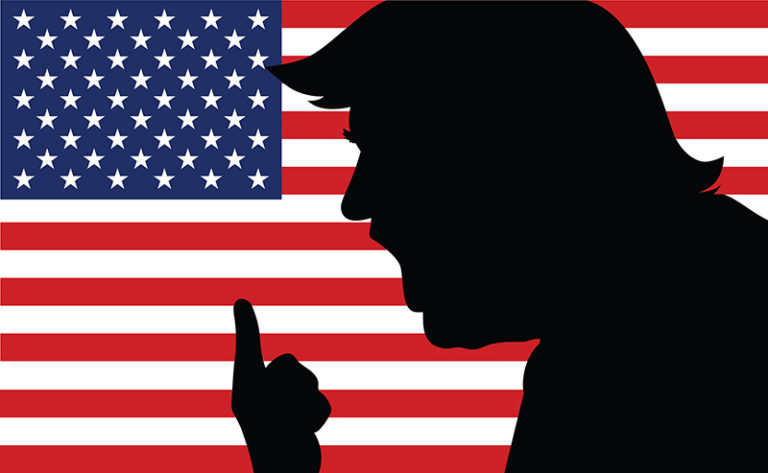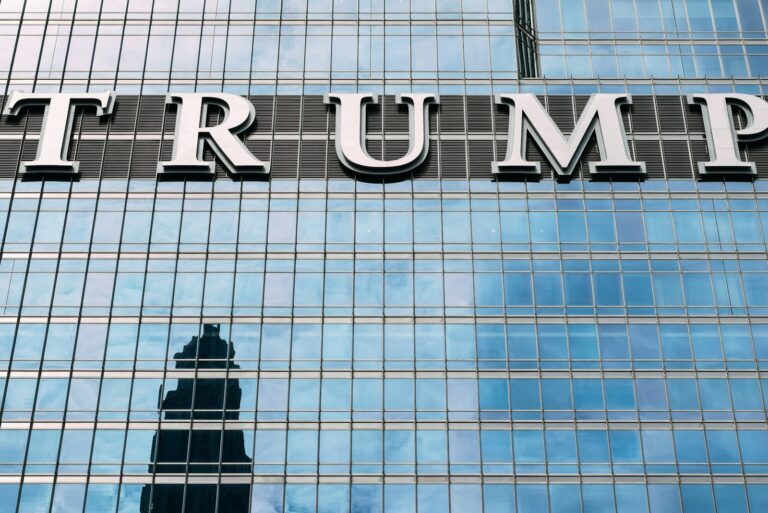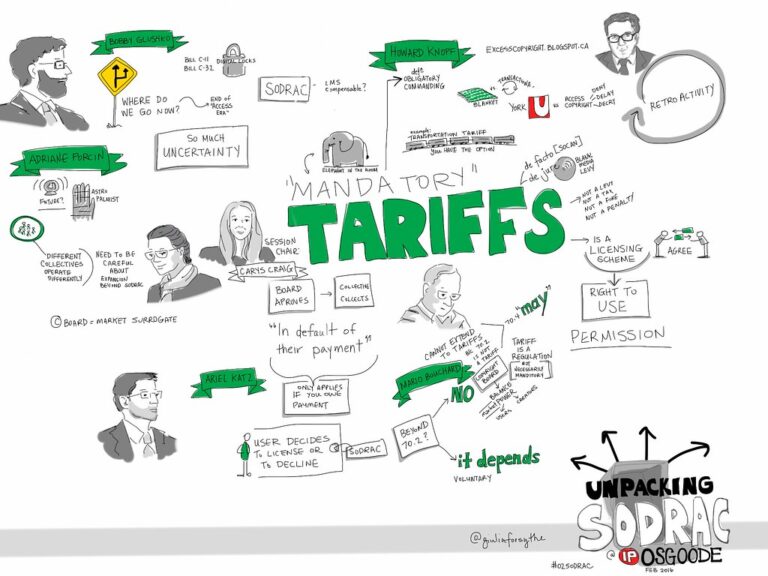Key Takeaways:
- Bono criticizes Trump for cutting foreign aid programs.
- These cuts hurt health and food security for vulnerable people.
- Bono calls Trump’s actions “unbelievable carnage.”
- He’s worked with both Democrats and Republicans in the past.
- Trump’s moves could shut down programs that save lives.
- Legal challenges are trying to stop these cuts.
Bono Calls Out Trump Over Foreign Aid Cuts
Irish singer and U2 frontman Bono recently spoke out against President Donald Trump’s administration. He criticized the president for cutting foreign aid programs that help the world’s poorest people. Bono, known for his activism, says these cuts could undo decades of progress in global health and food security.
“Unbelievable Carnage” for Global Aid Workers
Bono described the situation as “the most unbelievable carnage imaginable.” He explained that dedicated workers, who have given their lives to help the poor and vulnerable, are being unfairly dismissed. “They’ve just been thrown in the dumpster,” he said.
These workers are part of programs that provide critical help worldwide. For example, they work on health initiatives and food security. Bono fears these cuts will harm millions of people who rely on this aid.
A History of Bipartisan Work
Bono has a long history of working with leaders from both political parties. In the past, he even teamed up with former President George W. Bush. Together, they helped create the President’s Emergency Plan for AIDS Relief (PEPFAR). This program has saved over 26 million lives since it began.
However, Bono’s past willingness to work with Republicans doesn’t mean he supports Trump’s actions. He strongly disagrees with the Trump administration’s decision to halt PEPFAR and other aid programs.
What’s at Stake?
Trump’s efforts to cut foreign aid go beyond just health programs. He also wants to dismantle the U.S. Agency for International Development (USAID). This agency does more than just provide aid. It helps the U.S. in many ways, such as:
- Giving early warnings about pandemics.
- Building support for American values abroad.
- Creating stability in regions that could otherwise face unrest.
Critics argue that cutting these programs could hurt the U.S. in the long run.
Legal Challenges Mount
Not everyone is letting these cuts go without a fight. Legal challenges have been filed to stop Trump’s plans. Some federal judges have already stepped in, issuing orders to prevent the dismantling of USAID. However, the Trump administration is trying to find ways to skirt these rulings.
Bono’s Vision for the Future
Bono doesn’t see himself as just a musician or an activist. He calls himself a “radical centrist,” meaning he believes in finding common ground between the far left and far right. He thinks this approach is the only way to move forward.
“What’s being served up on the far left and on the far right is not where we need to be,” Bono said. He believes that extreme views from either side won’t solve the world’s problems. Instead, collaboration and compromise are key.
The Bigger Picture
Bono’s criticism of Trump isn’t just about politics. It’s about the real people who will be hurt by these cuts. He believes that these programs are a lifeline for millions. Cutting them could have deadly consequences.
Bono’s message is clear: These programs are too important to be used as political tools. He hopes that future leaders will prioritize helping the world’s most vulnerable people.
In conclusion, Bono’s strong words highlight the stakes of Trump’s foreign aid cuts. These decisions could undo years of progress in global health and security. The legal battles and backlash show that many people agree with Bono’s concerns. Whether you’re a fan of Bono or not, his message serves as a reminder of the impact these policies have on real lives.










